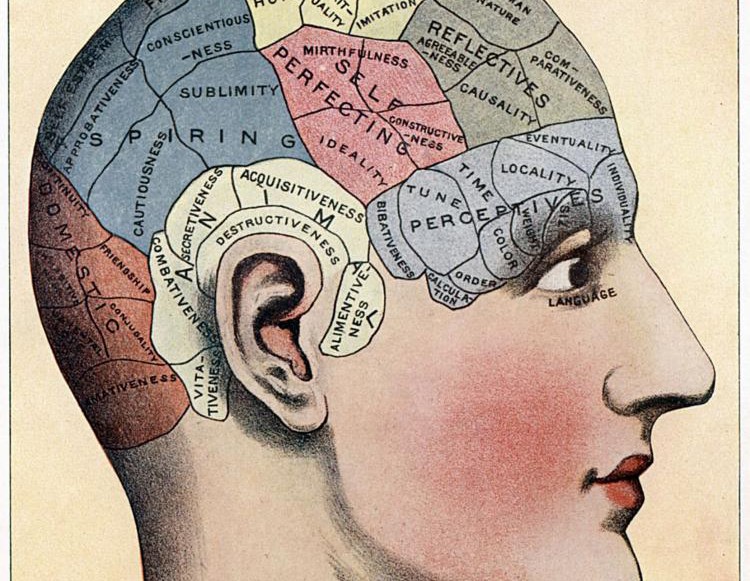Memory: How do we remember
Memory: How do we remember and forget things, and what are the underlying neural mechanisms?
Memory is a crucial cognitive function that allows us to store and retrieve information about our past experiences, knowledge, and skills. Without memory, we would be unable to learn, communicate, or make decisions based on past events.

However, memory processes are complex and multifaceted, and we still do not fully understand the mechanisms underlying them. This essay explores how we remember and forget things, as well as the neural mechanisms involved in these processes.
To begin with, memory can be classified into several types, including sensory, short-term, and long-term. Sensory refers to the brief storage of sensory information, such as sight, sound, and touch. That allows us to perceive the world as a continuous stream of events.
Short-term memory, or working, temporarily stores and manipulates information needed for ongoing tasks. Such as remembering a phone number or following instructions.
Long-term memory, on the other hand, involves the consolidation and storage of information over an extended period. Ranging from minutes to years, and includes explicit and implicit.
Explicit memory, also known as declarative. Refers to the conscious recollection of facts and events that can be verbally or visually retrieved.
It can be further divided into episodic. Which involves the recall of specific events and personal experiences, and semantic. Which refers to the general knowledge and concepts that we have acquired.
Implicit memory refers to unconscious of skills, habits, and associations acquired through repetition and practice. Often challenging to verbalize or consciously retrieve.
The processes of memory involve several stages, including encoding, consolidation, and retrieval. Encoding is the process of transforming sensory or cognitive information into a neural code that can be stored in the brain.
Consolidation stabilizes and integrates encoded information into long-term memory. While retrieval activates and reconstructs stored information from memory.
Memory’s neural mechanisms involve coordinated activity among brain regions like the hippocampus, amygdala, prefrontal cortex, and basal ganglia.
The hippocampus, in the medial temporal lobe, is crucial for forming and consolidating explicit memories, especially episodic. The amygdala, located in the temporal lobe, encodes and stores emotional memories, particularly those related to fear and rewards.
The prefrontal cortex, in the front of the brain, manages working, attention, and executive functions such as planning and decision-making. The basal ganglia, at the brain’s base, handles implicit memory and learning motor skills and habits.
Various factors, including attention, motivation, emotion, and context can influence the processes of memory. Attention is essential for encoding and consolidating information, as it selects and filters relevant information from the environment.
Motivation can also enhance, increasing the processing and consolidation of information relevant to our goals and interests.
Emotion can both enhance and impair, as it can modulate the encoding and retrieval of emotional memories. Particularly those associated with strong positive or negative experiences.
Context influences by providing cues and associations that can aid or interfere with retrieving stored information.
Memory can also be subject to forgetting, which is the loss or failure to retrieve the stored information. Forgetting can occur at various stages of memory, including encoding, consolidation, and retrieval.
The most common forms of forgetting are decay, interference, and retrieval failure. Decay refers to the gradual loss of stored information over time, particularly in short-term.
Conclusion
Memory is a complex cognitive function that enables us to store and retrieve information about our past experiences, knowledge, and skills.
Memory involves several stages, including encoding, consolidation, and retrieval, supported by the coordinated activity of multiple brain regions. Including the hippocampus, amygdala, prefrontal cortex, and basal ganglia.
Memory is influenced by factors such as attention, motivation, emotion, and context, and it can be subject to forgetting, which is the loss or failure to retrieve stored information. Forgetting can occur at different stages and may result from decay, interference, or retrieval failure.
The study of memory has significant implications for understanding human cognition, development, and mental health.
Advances in neuroscience and technology have led to new techniques for studying memory’s neural mechanisms, like fMRI and optogenetics. Allowing researchers to manipulate and observe neural activity in real-time.
The findings from these studies can inform new treatments for disorders like Alzheimer’s and enhance our understanding of memory’s role in learning, decision-making, and creativity.
Memory remains a fascinating and essential aspect of human cognition, captivating scientists and researchers alike.
Though much about the neural mechanisms of remains unknown, research and technology advances promise to reveal its secrets. 바카라사이트